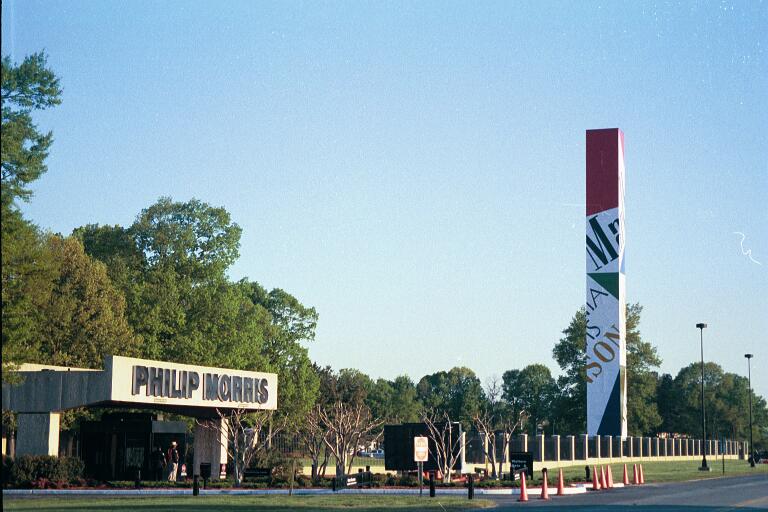PHILIP MORRIS INTERNATIONAL IS READY FOR THE MARKET WAR WITH BRITISH AMERICAN TOBACCO IN NIGERIA

PHILIP
MORRIS TO SPLASH $16MILLION ON NIGERIA
BY
ABDULMUMINI ADEKU.
Philip
Morris International would be spending nothing less than a princely $16 million
on the Nigerian economy in the next financial year as it tries to find a foot
hold in the Nigerian cigarette market for its array of brands.
In
a discussion with a tobacco stakeholder who will not wish to have his name in
the print on the subject,it was discovered that the big dough to be spent by
the tobacco player was just going to be for the field marketing of the brands
of the icon as they were no longer allowed to get engaged in conventional
advertising which would appear to have being very hard on them initially.
The
source while speaking with this reporter in the presence of other senior media
executives recently in his office said hilariously that the new marketing
initiative by the foremost tobacco firm was another way of saying that they
were willing to spend another $16 million to kill Nigerians.
He
assured that Philip Morris International has now increased the stakes in the cigarette trade
as they will be spending so much in the Nigerian economy and yet will not be
asking there distributors to pay for them but will be giving it to them all for
free so that they can flood there market with them.
He
revealed that the company was planning on using two different plants for their
manufacturing processes and this is why to this end,the company has since
refurbished the International Tobacco Company Limited in Ilorin aside from
lofty plans to build another one in a location in Nigeria the source could not immediately
recall.
According
to the source, the new entrant, Philip Morris International were a step ahead
of the British American Tobacco Limited in that they now have a plant in the
North where there are more smokers in the land than elsewhere.
He
added that the intense rivalry between the British American Tobacco and Philip
Morris International in such markets like Senegal and South Africa in the sub Saharan
African market would appear to continue soon with recent development.
No comments:
Post a Comment